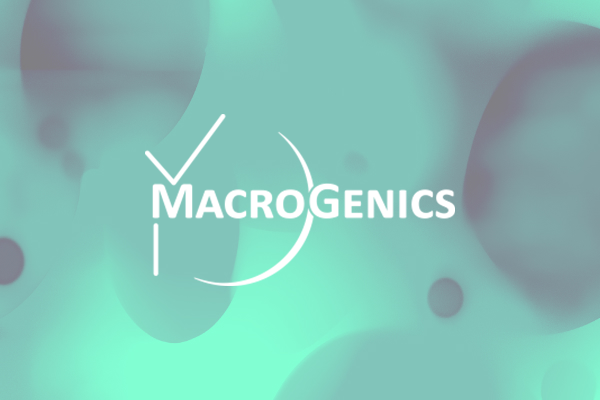
Maryland-based biopharmaceutical company MacroGenics® is dedicated to discovering, developing, and commercializing innovative monoclonal antibody-based therapeutics for cancer treatment. A commitment to innovation and efficiency is central to their mission to bring life-changing treatments to patients in need.
We spoke to Daner Li, M.S., Director, Clinical Programming at MacroGenics, about her experiences before and after adopting Pinnacle 21® Enterprise platform to optimize validation in clinical data management.
Are you ready to transform your validation of clinical data management like Macrogenics?
To discover how your organization can achieve similar results, learn more about Pinnacle 21 Enterprise.

Book a demo of Pinnacle 21




